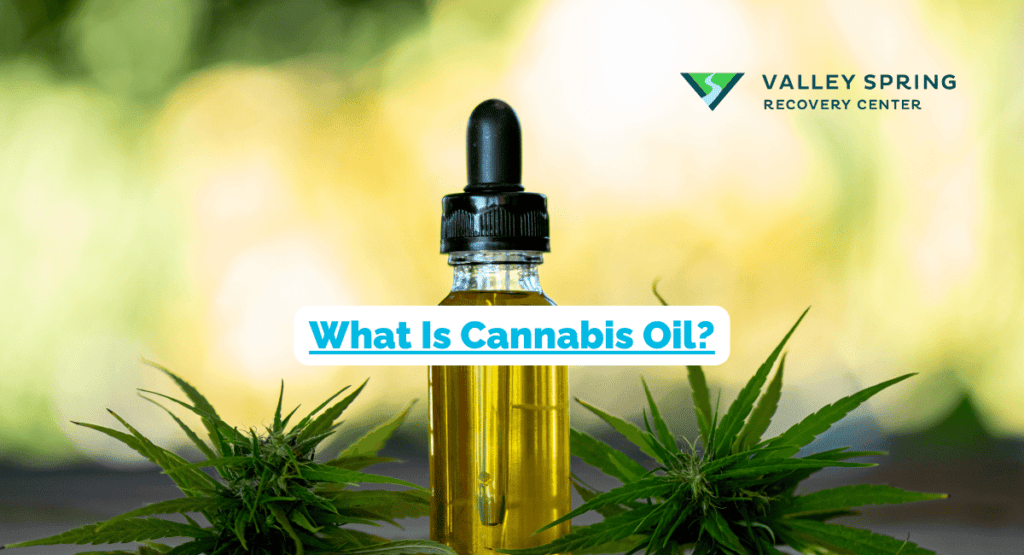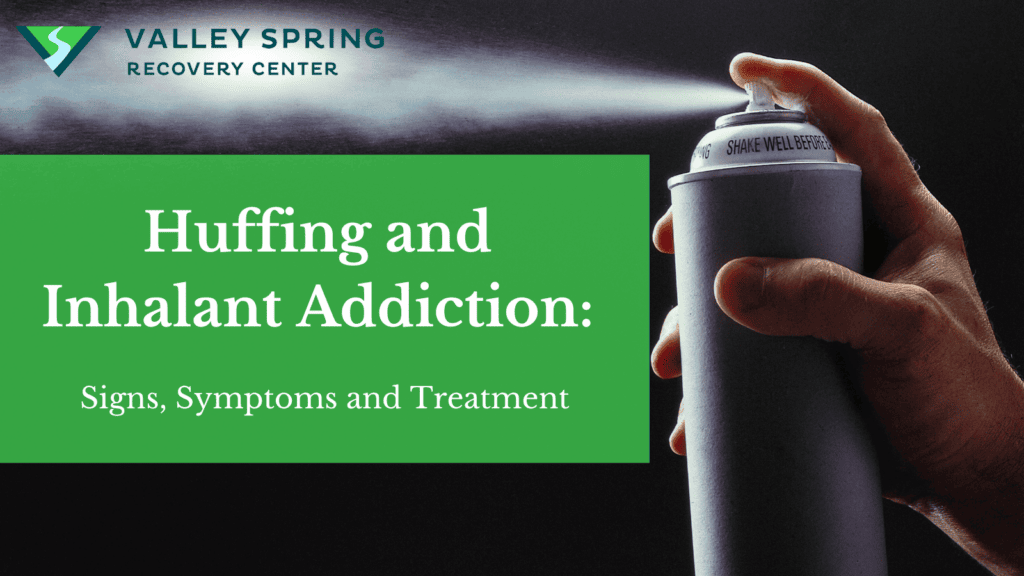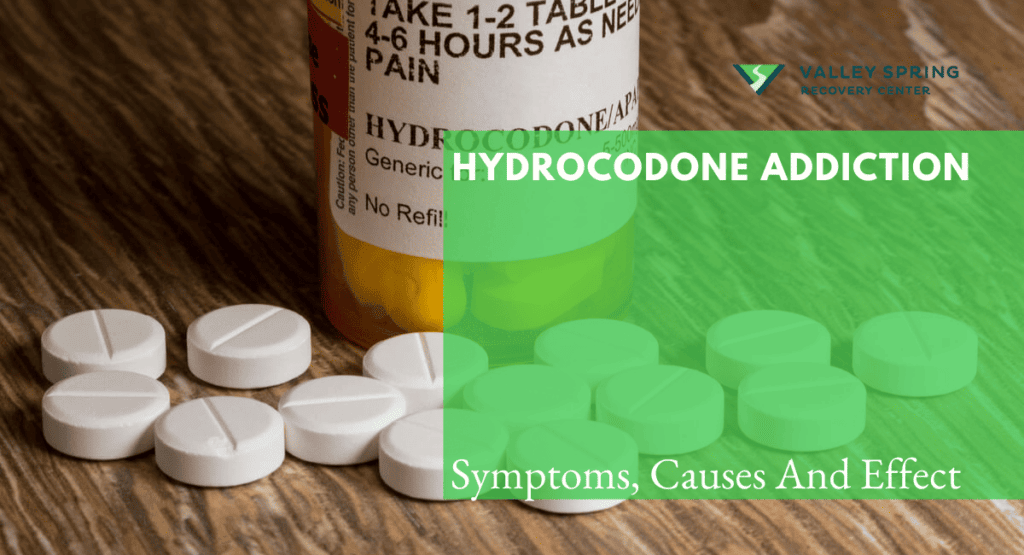Cannabis oil is any oil that is extracted from the cannabis plant. It is a concentrated form of the plant’s compounds, including cannabinoids, terpenes, and other phytochemicals. The two primary types of cannabis plants are marijuana and hemp, both of which can be used to produce cannabis oil.
Cannabis oil has gained attention for its potential therapeutic properties and has been explored as a treatment option for various conditions such as chronic pain, epilepsy, anxiety, inflammatory conditions, neurological disorders, and sleep disorders. CBD oil, in particular, has been widely studied for its potential benefits and is generally considered safe. Let’s take a deeper look at this substance.
What is in Cannabis Oil?
Cannabis oil can be extracted from different parts of the plant, including the flowers, leaves, and even the seeds. The extraction process typically involves using a solvent, such as ethanol, CO2, or hydrocarbons, to separate the desired compounds from the plant material. This process can yield different types of cannabis oil with varying compositions and concentrations of cannabinoids.
The most well-known cannabinoids in cannabis oil are THC (tetrahydrocannabinol) and CBD (cannabidiol). THC is the psychoactive compound responsible for the “high” associated with marijuana, while CBD is a non-psychoactive compound that has gained significant attention for its potential therapeutic properties.
Cannabis oil can be further refined and processed to produce different products, such as CBD oil, THC oil, or full-spectrum oil. CBD oil typically contains higher levels of CBD and minimal THC, while THC oil is rich in THC and may have psychoactive effects. Full-spectrum oil contains a wide range of cannabinoids, terpenes, and other beneficial compounds present in the cannabis plant.
Is cannabis oil addictive?
Cannabis oil’s potential for addiction depends largely on its THC content. THC (tetrahydrocannabinol) is the psychoactive component in cannabis that can lead to dependency in some individuals.
- Low or No THC Products: Cannabis oils that are low in THC or primarily contain CBD (cannabidiol) are generally not considered addictive. CBD does not produce the psychoactive effects that THC does and is often used for its potential therapeutic benefits without the risk of addiction.
- High THC Products: Cannabis oils with high levels of THC carry a greater risk of addiction. Regular use of THC can lead to cannabis use disorder, characterized by a dependence on the substance. This can manifest as a need to use cannabis to feel normal, difficulty controlling use, and experiencing withdrawal symptoms when not using it.
- Individual Factors: The risk of addiction also varies depending on individual factors such as genetics, the frequency and amount of use, and the age at which a person starts using cannabis. Younger individuals, especially teenagers, are more susceptible to the addictive properties of THC due to the ongoing development of their brains.
- Medical Supervision: When used for medical purposes, cannabis oil should be used under the guidance of a healthcare professional. This ensures appropriate dosing and monitoring for any signs of misuse or dependency.
What are the different forms of Cannabis oil?
There are several different forms of cannabis oil available. Here are some common types:
- CBD oil: CBD oil is a popular form of cannabis oil that predominantly contains the cannabinoid cannabidiol (CBD) and minimal amounts of THC. It is sought after for its potential therapeutic benefits without causing a psychoactive “high” effect.
- THC oil: THC oil, also known as cannabis oil or marijuana oil, contains higher levels of tetrahydrocannabinol (THC), the primary psychoactive compound in cannabis. It is often used for recreational purposes or for individuals seeking the psychoactive effects of THC.
- Full-spectrum oil: Full-spectrum oil contains a wide range of cannabinoids, terpenes, and other beneficial plant compounds present in the cannabis plant. It aims to provide the synergistic effects of all the compounds working together, often referred to as the “entourage effect.”
- Broad-spectrum oil: Broad-spectrum oil is similar to full-spectrum oil but without the presence of THC. It contains multiple cannabinoids and terpenes, offering potential therapeutic benefits without the psychoactive effects of THC.
- Hemp seed oil: Hemp seed oil is derived from the seeds of the hemp plant and does not contain significant amounts of cannabinoids. It is primarily used as a carrier oil in CBD products.
These are just a few examples of the different forms of cannabis oil available. The specific composition and ratios of cannabinoids and other compounds may vary depending on the extraction method and the intended use of the oil.

What is the Difference Between Cannabis Oil and CBD oil?
Cannabis oil is an oil that is extracted from the cannabis plant, which can include both marijuana and hemp varieties. Cannabis oil may contain various compounds found in the plant, including THC (tetrahydrocannabinol), which is the psychoactive compound responsible for the “high” associated with marijuana. The composition of cannabis oil can vary depending on the strain of cannabis used and the extraction method employed.
CBD (cannabidiol) oil is a specific type of cannabis oil that primarily contains high levels of CBD, a non-psychoactive compound found in the cannabis plant. CBD oil is typically derived from hemp, which is a variety of cannabis that is low in THC. Unlike THC, CBD does not produce intoxicating effects. CBD oil has gained popularity for its potential therapeutic benefits, such as alleviating pain, reducing anxiety, and promoting relaxation.
It’s important to note that the terms “cannabis oil” and “CBD oil” are sometimes used interchangeably in casual conversation, which can lead to confusion. When purchasing CBD oil, it’s essential to check the product’s label and ensure it contains the desired level of CBD and meets any legal requirements in your jurisdiction.
What are the Health Benefits of Cannabis Oil?
Cannabis oil, particularly CBD oil, has been the subject of research and anecdotal reports regarding its potential health benefits. While there is growing evidence supporting some of these claims, more research is needed to fully understand the therapeutic effects of cannabis oil. Some potential health benefits associated with cannabis oil include:
1. Pain relief
Cannabis oil, particularly CBD oil, may help alleviate pain, including chronic pain conditions such as arthritis, multiple sclerosis, and neuropathic pain. CBD interacts with the endocannabinoid system, which plays a role in pain regulation.
2. Anti-inflammatory effects
Cannabis oils like CBD have anti-inflammatory properties, making them beneficial for conditions involving inflammation, such as rheumatoid arthritis or inflammatory bowel disease. These cannabinoids interact with the endocannabinoid system in the human body, which plays a crucial role in regulating various physiological processes, including immune responses and inflammation.
3. Anxiety and depression management
Some individuals report that CBD oil can help reduce symptoms of anxiety and depression. CBD may interact with serotonin receptors in the brain, potentially influencing mood and promoting a sense of calmness.
4. Epilepsy management
CBD oil has been particularly studied for its potential to reduce seizures, especially in certain forms of epilepsy, such as Dravet syndrome and Lennox-Gastaut syndrome. In fact, a CBD-based medication called Epidiolex has been approved by the U.S. Food and Drug Administration (FDA) for the treatment of some rare forms of pediatric epilepsy.
5. Neuroprotective properties
CBD has shown promise in preclinical studies as a neuroprotective agent, potentially offering benefits for conditions such as Alzheimer’s disease, Parkinson’s disease, and multiple sclerosis. However, further research is needed to understand its full potential in these areas.
6. Sleep disorders
Some individuals report improved sleep quality with the use of cannabis oil, particularly CBD oil. CBD’s potential calming and anxiety-reducing effects may contribute to its sleep-promoting properties.

What are the Side Effects of Using Cannabis Oil?
The use of cannabis oil, particularly products containing THC, can potentially cause various side effects. It’s important to note that the specific side effects can vary depending on factors such as the individual’s tolerance, dosage, method of administration, and the specific composition of the oil. Here are some common side effects associated with cannabis oil use:
- Psychoactive effects: Cannabis oil products containing THC can cause psychoactive effects, commonly referred to as a “high.” These effects may include euphoria, relaxation, altered perception of time, increased sociability, and changes in sensory perception.
- Dry mouth and increased thirst: This is a common side effect of cannabis use, often referred to as “cottonmouth.” It can cause a dry sensation in the mouth and an increased desire for fluids.
- Red eyes: Cannabis oil can cause blood vessels in the eyes to expand, resulting in redness or bloodshot eyes.
- Impaired coordination and motor skills: Cannabis use, particularly higher doses or strains with higher THC content, can impair coordination, balance, and motor skills. This can affect activities requiring physical dexterity, such as driving or operating machinery.
- Impaired cognitive function: Cannabis use may temporarily impact cognitive functions such as memory, attention, and concentration. This can make it challenging to perform complex tasks or engage in activities requiring mental focus.
- Anxiety and paranoia: Some individuals may experience feelings of anxiety, restlessness, or paranoia after using cannabis oil, particularly if the THC content is high. This reaction can vary from person to person and may be influenced by individual sensitivity and dosage.
Note that CBD-dominant cannabis oils or pure CBD oils are generally associated with milder side effects. CBD is not intoxicating and typically does not produce psychoactive effects.
If you experience any concerning or persistent side effects from using cannabis oil, it is advisable to consult with a healthcare professional for further evaluation and guidance.
Is Cannabis Oil Illegal?
The legality of cannabis oil, including both marijuana-derived and hemp-derived varieties, varies depending on the country and even within different states or regions.
In some countries and states, cannabis oil is legal for both medical and recreational use. In these jurisdictions, individuals can purchase and use cannabis oil in accordance with specific regulations and restrictions. Cannabis is legal for both medical and recreational use in states like California, Colorado, Maryland, Missouri, etc.
In other places, cannabis oil may be legal only for medical purposes. Medical cannabis oil is often prescribed to patients with certain qualifying medical conditions, such as chronic pain, epilepsy, or multiple sclerosis, among others.
However, there are still many countries, states, and regions where cannabis oil, particularly marijuana-derived products containing significant levels of THC, remains illegal. In these areas, possessing, selling, or using cannabis oil may be subject to legal penalties.
Is Cannabis Oil Addictive?
The addictive potential of cannabis oil, like other cannabis products, is a topic of ongoing debate and research. There’s no real evidence to support the claim that cannabis oils can be addictive. The primary psychoactive compound in cannabis oil, THC (tetrahydrocannabinol), has the potential to be addictive for some individuals. However, the addictive nature of cannabis, including cannabis oil, can vary depending on several factors, including the individual’s genetics, frequency and duration of use, dosage, and mode of administration.
Regular and heavy use of cannabis, particularly high-THC varieties, can lead to the development of dependence and addiction in some individuals. Marijuana addiction is characterized by a loss of control over cannabis use, cravings, tolerance (needing higher doses to achieve the same effects), and withdrawal symptoms upon cessation of use. Such evidence has not been found to support the addictive nature of cannabis oils.
It’s worth noting that CBD (cannabidiol), which is another compound found in cannabis oil, is not considered addictive. CBD does not produce the intoxicating effects associated with THC and is generally well-tolerated by most people.
How Do People Consume Cannabis Oil?
People consume cannabis oil in various ways, depending on their preferences and the specific type of cannabis oil they have. Here are some common methods of consuming cannabis oil:
1. Oral ingestion
Cannabis oil can be taken orally by swallowing it directly or mixing it with food or beverages. Some individuals prefer to add cannabis oil to their favorite recipes or incorporate it into capsules or edibles. When ingested, the oil is metabolized by the digestive system, and the effects typically take longer to onset but can last longer.
2. Sublingual administration
This method involves placing a few drops of cannabis oil under the tongue and holding it there for a short time before swallowing. By doing so, the oil is absorbed directly into the bloodstream through the mucous membranes under the tongue. Sublingual administration allows for faster onset of effects compared to oral ingestion.
3. Vaporization
Vaporizing cannabis oil involves heating it to a temperature that releases its active compounds without combustion. This method typically involves using a vaporizer pen or a specialized vaporizing device. Inhaling the vapor allows for rapid absorption of the compounds into the bloodstream through the lungs, resulting in a quick onset of effects.
4. Topical application
Cannabis oil can be applied topically to the skin as part of a topical product, such as creams, lotions, or balms. When used topically, cannabis oil is absorbed through the skin and interacts with local cannabinoid receptors, potentially providing localized relief for pain, inflammation, or skin conditions.
It’s worth noting that the specific method of consumption can affect the onset, duration, and intensity of the effects.
Is It Safe To Take Cannabis Oil Every Day?
Cannabis oil, particularly CBD oil, is generally considered safe for daily use, but individual factors should be taken into account. CBD oil has a favorable safety profile with a low potential for abuse or overdose. However, it’s important to ensure the quality and source of the oil, as well as consider the THC content and potential drug interactions. Starting with a low dose and gradually increasing it while monitoring the effects mentioned above. It’s also important to be aware of potential side effects and adjust the dosage accordingly.
While cannabis oil can offer potential health benefits, it’s important to approach its daily use with caution and make informed decisions. Research on the long-term effects of daily cannabis oil use is still limited, and individual responses can vary. Monitoring your body’s response, starting with a low dosage, and seeking professional guidance can help ensure the safe and appropriate use of cannabis oil for daily consumption
Is Cannabis Oil Bad For The Liver?
Cannabis oils are generally safe to use and don’t pose any detrimental effects on the liver or other organs. However, the impact of cannabis oil on the liver is an area that requires further research. While there is limited evidence suggesting a potential association between cannabis use and liver-related issues, the available studies have mainly focused on the use of cannabis as a whole plant or cannabis extracts containing THC, rather than specifically cannabis oil.
For example, some studies have indicated a possible link between heavy and prolonged cannabis use and an increased risk of liver complications, such as liver fibrosis or non-alcoholic fatty liver disease (NAFLD). However, it’s important to note that these studies primarily involve cannabis use through smoking or oral ingestion of the whole plant, which may involve different components and potential contaminants compared to cannabis oil.
CBD oil, which is a non-intoxicating component of cannabis oil, has generally been considered well-tolerated and safe. In fact, a study published in the journal “Molecules” in 2019 concluded that CBD has a “favorable safety profile” and does not seem to cause significant adverse effects on the liver.
Nevertheless, it’s essential to consult with a healthcare professional, especially if you have a pre-existing liver condition or are taking medications that may interact with cannabis oil. They can provide personalized advice based on your specific health situation and help monitor any potential effects on liver function.
What is the Difference Between Cannabis Oil and Hashish?
Cannabis oil and hashish, both derived from the cannabis plant, have distinct differences. Cannabis oil, a highly concentrated liquid, is produced using solvents or CO2 extraction, capturing cannabinoids like THC and CBD. It’s versatile, used orally, in vaporizers, or edibles, and is particularly potent due to its high cannabinoid concentration. In contrast, hashish, or hash, is created by compressing the plant’s resin (kief), resulting in a solid form that ranges from light brown to black. It’s typically smoked and, while potent, is less concentrated than cannabis oil. The choice between the two depends on the desired potency and method of consumption.
What is the Difference Between Cannabis Oil and Synthetic Marijuana?
Cannabis oil, derived naturally from the cannabis plant, contains cannabinoids like THC and CBD and is known for its therapeutic effects. In contrast, synthetic marijuana, also known as Spice or K2, is a lab-made chemical blend designed to mimic THC but with unpredictable and often dangerous effects. Cannabis oil is extracted using methods like CO2 or solvent extraction, ensuring a pure and controlled product. This oil can vary in cannabinoid composition, leading to different effects – THC-rich oils for euphoria and relaxation, and CBD-rich oils for therapeutic benefits without psychoactive impacts. On the other hand, synthetic marijuana comprises synthetic chemicals sprayed onto plant material, posing severe health risks due to its unpredictable nature and potential for harmful additives. While cannabis oil is legal and considered safe in many regions, synthetic marijuana although legal can be highly dangerous, emphasizing the importance of distinguishing between these vastly different substances.
Kristie Ashe
All author postsShare This Post










